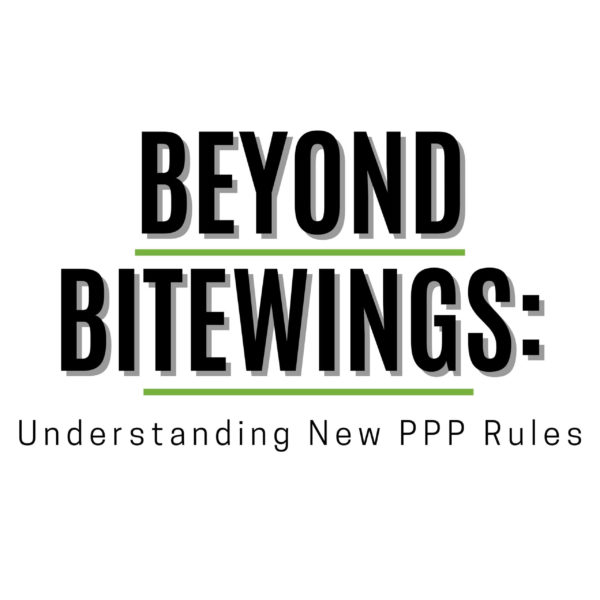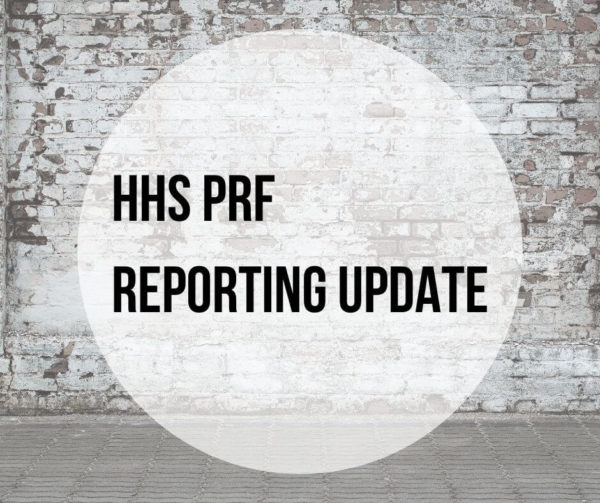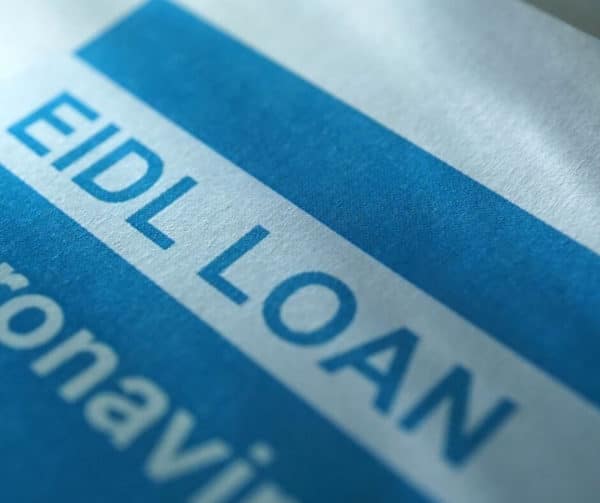PPP forgiveness regs are scheduled to be released today. In reality we expect to receive them “soon.” 😉 As we anxiously await the information, we have begun to help some of you work through how you will spend the PPP proceeds and how the forgiveness will play out according to our best guess du jour. What are we finding? 100% forgiveness may be difficult to obtain. I can literally hear some of you gasping in fear and disbelief. But please remember, you can turn around and give a portion back if you can’t utilize it; or you can pay it back at minimal interest over the next 2 years. If it comes to that, it will be the cheapest loan you’ll ever obtain.
But why are we beginning to form the opinion that 100% forgiveness may be difficult to obtain? Simple math. You applied based on 2.5 months of payroll costs and you must now use those proceeds over 8 weeks if you want forgiveness. Since the loan was based on 2.5 months of payroll costs, it seems like the 2 month portion will cover the 8 weeks of payroll and the .5 portion will cover the 8 weeks of rent, utilities and mortgage interest. Easy. But when you start working it out, 2 months is actually 8.67 weeks (52 weeks divided by 12 times 2) so you received more than 8 weeks of payroll costs. It will be difficult to spend it all on payroll in the 8 weeks unless you add staff…and who’s adding staff right now? And the rent, utilities and mortgage interest is generally not enough to use up the remainder. Other industries may be different. Those with lower staff costs will receive smaller loans, which will be more easily used up on rent, etc. Not as true for this industry where skilled labor is required, like dentists and hygienists, which draw higher wages and thus increased the loan amounts.
Pretty quickly the thought process goes, “That’s ok, I’ll just pay ahead on my rent.” But a preliminary read of the bill implies the extra rent will not be forgiven. That would be true for extra utilities as well. So what about raises or bonuses to drive up the payroll figure? Too soon to know that answer. Early versions of the bill disallowed extra payroll amounts. The prohibition was removed from the final bill, but may appear again in the upcoming regs.




